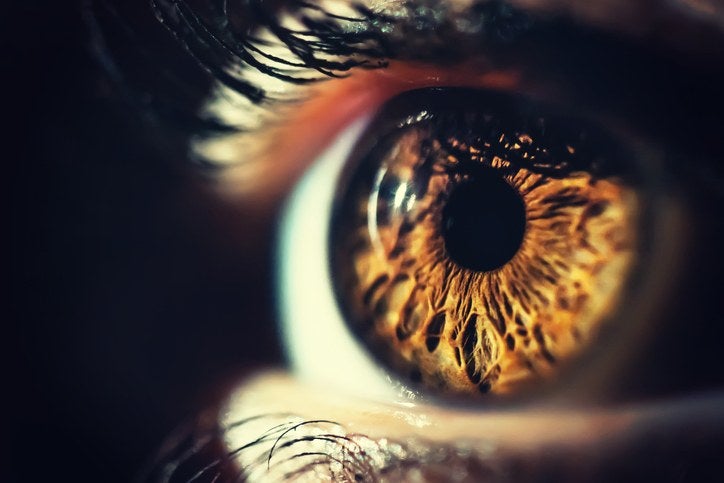Which conditions can LASIK correct?

If you have trouble with your vision, and you wear glasses or contacts, you’ve probably wondered if LASIK surgery is for you. For some people, LASIK is almost a miracle, giving them clear vision and freedom from corrective lenses. It’s not right for everyone, though, and some conditions cannot be corrected through LASIK. How do you know if LASIK is a good option for you?
- LASIK works for people with nearsightedness. People who are nearsighted can see nearby objects clearly, but have trouble with objects that are far away. This occurs when the cornea curves too sharply, causing light rays to focus in front of the retina, which blurs distant vision. During LASIK surgery, the doctor reshapes the cornea to make it flatter, correcting the problem.
- Farsightedness can also be corrected with LASIK. If you’re farsighted, you can see far objects clearly, but trying to focus on nearby objects is difficult. This happens when the cornea is too flat because this condition causes light to focus behind the retina. The doctor performing LASIK surgery corrects farsightedness by reshaping the cornea to make it steeper.
- In most cases, LASIK can correct astigmatism. Astigmatism occurs when the cornea flattens or curve unevenly, causing disruption to near and distant vision, and a loss of overall focus. Doctors can often correct astigmatism with LASIK by smoothing the irregular cornea.
- Presbyopia is not usually addressed with LASIK surgery. Presbyopia is a very common problem as people age, as the ability to focus on near objects lessens, making it hard to read fine print or focus on close work. In order to correct it with LASIK, the doctor may use a technique called monovision. For those with excellent distance vision and only need reading glasses, LASIK is probably not the right choice.
- LASIK is a good choice for most people who have the conditions addressed above, but there are some other factors to consider as well. A good candidate for LASIK ideally needs to be 18 or older, and while LASIK can be performed for anyone over 18, those over 60 are at higher risk for cataracts, which need to be addressed before the person can have LASIK surgery. It’s important for someone considering LASIK to be in good health, and people with glaucoma are not good candidates for the surgery.
The LASIK procedure is a tried and true surgery, having been performed on millions of people over the past thirty years. During the surgery, the doctor uses a femtosecond laser to cut a flap in the cornea, creating a hinge at one end of the flap, which exposes the middle section of the cornea. Using pulses from a computer-controlled laser, the doctor removes a portion of the stroma to reshape the cornea. It only takes a few minutes per eye, is painless, and immediately improves vision for most people.
The technology behind LASIK is remarkable, but it’s important to ensure that this technology is in the hands of an expert ophthalmologist. If you’re looking for an ophthalmologist or optometrist in Derry, Londonderry or Windham, Spindel Eye Associates is here for you. Celebrating over thirty years of eye care, we proudly provide our patients with personalized eye care using top-of-the-line technology. For more information or to schedule an appointment call 603.421.6536 or contact us through our website.
RECENT POSTS
categories
- Uncategorized
- Eye Exams
- Lasik
- Spindel Eye Reviews
- Cataracts
- Dry Eyes
- Refractive Errors
- Infographic
- Glaucoma
- Macular Degeneration
- Ocular Diseases
- Pulsed Light Therapy
- IPL
- eye care
- eye health
- Eye irritation
- Eye Syndrome
- Eye Doctors
- Diabetes
- Contacts
- LASIK Surgery
- dry eye syndrome Manchester
- Glasses
- Vision Care
- LipiFlow
- Contact Lenses
- Astigmatism
- Crizal Prevencia
- Spindel Eye
- Children
- skin cancer
- Sunglasses
